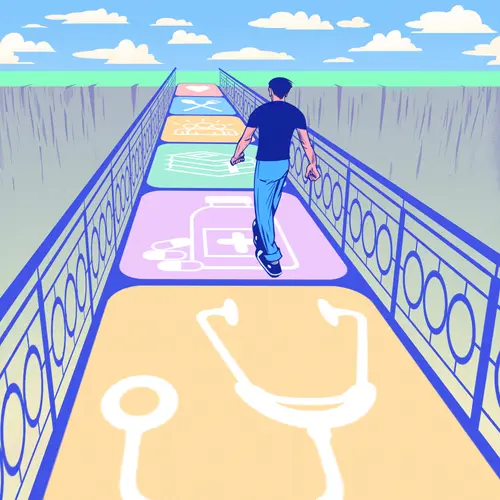For years, depression was seen as a woman's issue. And given that women visit psychiatrists and counselors more often than men do, and that women seem to have an easier time expressing their emotions, it's understandable why mental health professionals were convinced that more women suffered from depression than men.
Yet men commit suicide four times more often than women do. More men than women abuse drugs and alcohol and initiate violence. Clearly, men aren't less likely than women to become depressed; they're just less likely to recognize and seek help for depression, and they have different ways of dealing with it.
Signs of Depression
- Loss of energy
- Significant weight loss or gain
- Feelings or sadness or guilt
- Inability to concentrate or sleep
- Sleeping more than usual
- Drinking alcohol more than usual
- Distancing yourself from family and friends
How Men Are Taught to Cope with Emotional Pain
Generally, men are raised to be in control, independent, strong and rational. We are trained to see life as a constant battle for what we consider our just rewards -- a good job, a nice house and car, a fit body. Our machinelike mentality leaves little room for difficult emotions like confusion or sadness. It's considered unmanly to even admit these feelings, which we believe will slow us down or, even worse, break us down. Rise above your hurts and pains, we are told.
The Physical Cost of Ignoring Our Mental Health
Unfortunately, what happens to a lot of us in trying to "rise above" the pain is we turn to behaviors that numb the pain -- drugs, alcohol, affairs, gambling. These devices exact a toll on our bodies, bringing down our physical health along with our mental health.
Depression affects our bodies. In a recent study of Johns Hopkins medical students, the depressed men were twice as likely as the nondepressed men to develop coronary artery disease or have a sudden cardiac death. The increased risk lasted for up to 10 years after the onset of their depression.
Learning to Deal with Emotions
If you think you're depressed, you should get professional help -- either with a therapist or a men's support group. Whether or not you seek treatment, there are things you can do right now to help yourself heal:
- Understand what it really means to be depressed.It doesn't mean you've failed. It simply means something isn't working in your life and you need to discover what that is. The depression may be a signal that you need to address unresolved feelings about your childhood or that you're not happy pursuing goals you once thought were important.
- Let go of preconceived notions of "being a man."Men are taught to live by a certain code of conduct, one that's rigid and emotionally restrictive. If we're not athletic, successful in business or wealthy, we may feel we don't measure up. We need to expand our definition of what it means to be a successful man: being a good friend, a loving husband, an involved father. It may take time to let go of long-standing goals (which were probably set in adolescence), but once you do, you can work toward new ones that will truly make you happy.
- Target unhealthy activities or behaviors.A lot of men pick up addictions and destructive behaviors on the road to depression. You may need to consult a physician or therapist to successfully quit drinking or smoking, and it always helps to have support, whether it's from your family, friends or a support group.
- Find ways to nurture others.By giving to others, we often rediscover our own self-worth and self-esteem. I've discovered in my experience as a men's counselor that we can feel just as productive tending a garden or volunteering in a community as we would at a 40-hour-a-week job.
